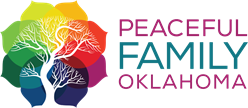1 in 4 Oklahoma children have a family member impacted by addiction.
Impacted children are 8 times more likely to develop a Substance Use Disorder (SUD) or addiction without intervention.
Impacted children are 8 times more likely to develop a Substance Use Disorder (SUD) or addiction without intervention.
Peaceful Family Oklahoma is that intervention.
At Peaceful Family Oklahoma, we provide that support through Camp Programs, Family Support, and School Programs that help children develop emotional regulation, confidence, and a sense of belonging.
2024 Impact & Outcomes
In a comprehensive evaluation by the Treatment Research Institute (TRI), Peaceful Family Oklahoma’s program, originally developed by the US Department of Health and Human Services’ Substance Abuse and Mental Health Services Administration (SAMHSA) and used in Hazelden Betty Ford Addiction Treatment Centers, researchers report reductions in behavioral and emotional problems among children who took part in the program. The study found “significant improvements were seen with respect to these dimensions of child functioning. Moreover, similar gains were seen with regard to the measure used to assess family functioning as a whole.” Additionally, “children who participated in the program gained an accurate view of the complex and chronic nature of alcoholism and other drug addiction.”
Camp Program Outcomes
Peaceful Family Oklahoma's Camp Programs are day camps that bring help, hope, and healing to kids and teens impacted by addiction in their families. All of our camp programs are free, peer-to-peer, evidence-based, trauma-informed, age-appropriate, and hope-centered.
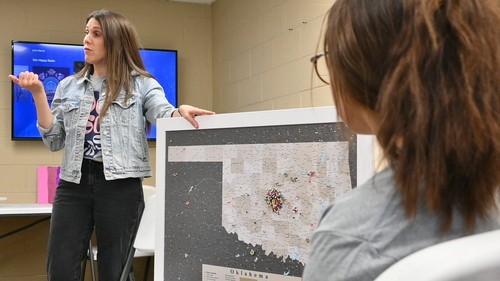
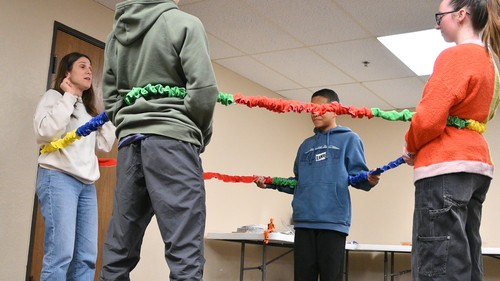
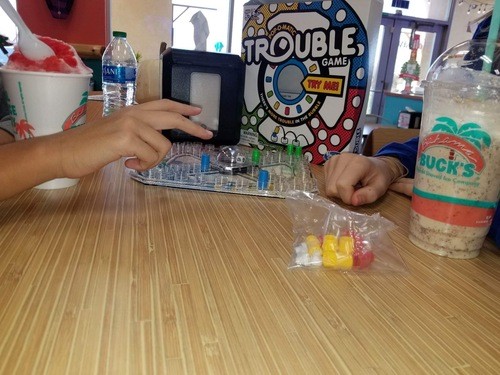
Children's Camp Outcomes
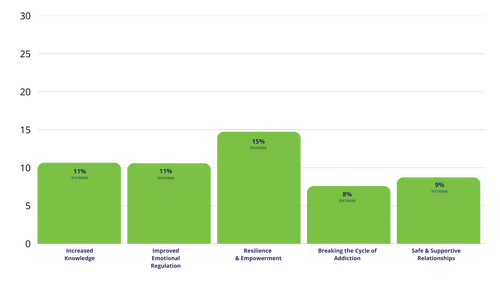
Teen Camp Outcomes
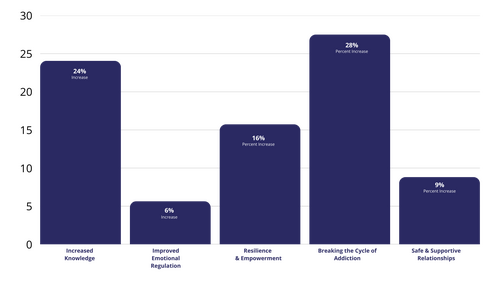
Increased Knowledge
Improved understanding of addiction, unhealthy family dynamics, and the science behind addiction.
Improved Emotional Regulation
Participants develop the ability to recognize, understand, and manage their emotions through strategies like mindfulness, physical movement, and music therapy. These skills reduce chronic stress, which is linked to improved physical health outcomes, including reduced risk of anxiety, depression, cardiovascular issues, and other stress-related conditions. Emotional regulation also enhances overall mental well-being, promoting healthier interpersonal relationships and decision-making.
Resilience & Empowerment
Stronger self-worth and confidence, along with improved ability to set boundaries and seek help.
Breaking the Cycle of Addiction
Improved understanding of the disease model of addiction, including recognizing addiction as a chronic illness and the increased risk for children impacted by addiction to develop substance use disorders themselves. Participants learn harm reduction strategies, fostering healthier decision-making and reducing the likelihood of engaging in behaviors that perpetuate addiction.
Safe & Supportive Relationships
Enhanced access to trusted adults or friends for emotional support and problem-solving. Participants build stronger connections with safe individuals, ensuring they have the relationships needed to share feelings, ask for help, and navigate challenges.
At Peaceful Family Oklahoma, we’re seeing the power of continual support unfold in real time.
One of our Camp Program Graduates, who first came through our Children’s Camp, recently recognized their need for ongoing connection and self-referred into our Teen Camp before aging out.
This speaks to something so important—
One of our Camp Program Graduates, who first came through our Children’s Camp, recently recognized their need for ongoing connection and self-referred into our Teen Camp before aging out.
This speaks to something so important—
kids and teens want to stay engaged.
They recognize the value of a safe, supportive space where they can grow, navigate transitions, and be celebrated at every stage. And at PFO, our door is always open to them.
School Program Outcomes
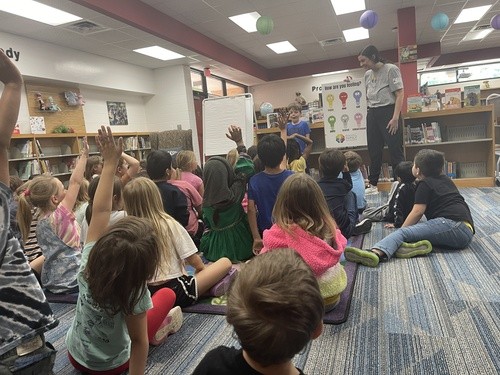
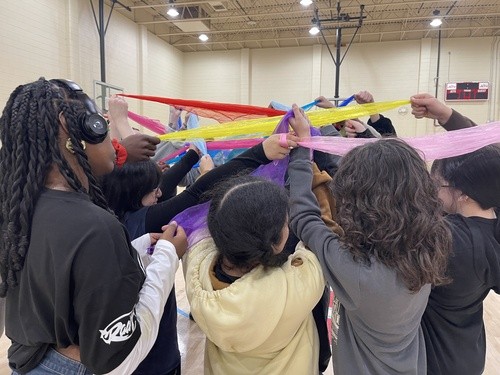
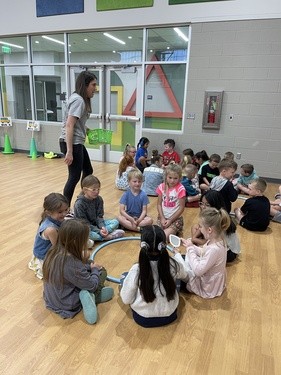
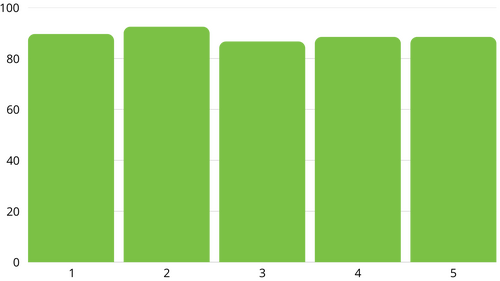
“[Since my students completed the PFO School Program,] I have noticed more openness about home life. For others a more subtle acknowledgement or “aha” moment of "this pertains to me.” It's just a simple look but it's acknowledgement of realizing that they’re not alone.”
-Vivian Freeman,
Irving Middle School Teacher
Increased Knowledge
Improved understanding of addiction, unhealthy family dynamics, and the science behind addiction.
Improved Emotional Regulation
Participants develop the ability to recognize, understand, and manage their emotions through strategies like mindfulness, physical movement, and music therapy. These skills reduce chronic stress, which is linked to improved physical health outcomes, including reduced risk of anxiety, depression, cardiovascular issues, and other stress-related conditions. Emotional regulation also enhances overall mental well-being, promoting healthier interpersonal relationships and decision-making.
Resilience & Empowerment
Stronger self-worth and confidence, along with improved ability to set boundaries and seek help.
Breaking the Cycle of Addiction
Improved understanding of the disease model of addiction, including recognizing addiction as a chronic illness and the increased risk for children impacted by addiction to develop substance use disorders themselves. Participants learn harm reduction strategies, fostering healthier decision-making and reducing the likelihood of engaging in behaviors that perpetuate addiction.
Safe & Supportive Relationships
Enhanced access to trusted adults or friends for emotional support and problem-solving. Participants build stronger connections with safe individuals, ensuring they have the relationships needed to share feelings, ask for help, and navigate challenges.
